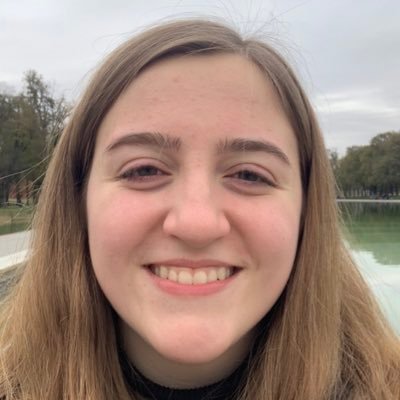The Week that Was: All of Lawfare in One Post
Published by The Lawfare Institute
in Cooperation With

Jen Patja Howell shared an episode of the Lawfare Podcast featuring an interview with Laura Rosenberger, director of the Alliance for Securing Democracy, on foreign interventions in U.S. campaigns:
Anna Salvatore is a rising freshman at Princeton University. She previously served as the editor in chief of High School SCOTUS, a legal blog written by teenagers. She is now a fall intern at Lawfare.
Tia Sewell is a former associate editor of Lawfare. She studied international relations and economics at Stanford University and is now a master’s student in international security at Sciences Po in Paris.





